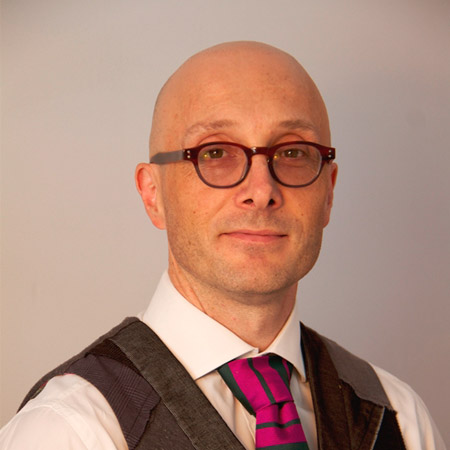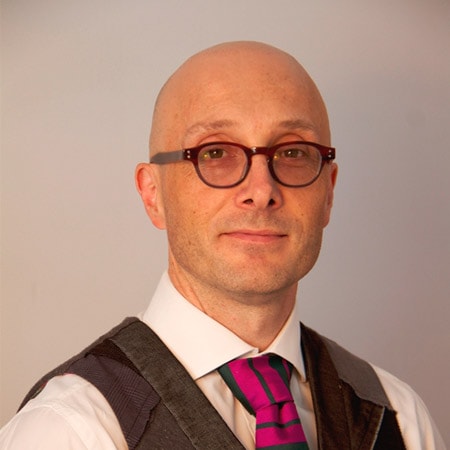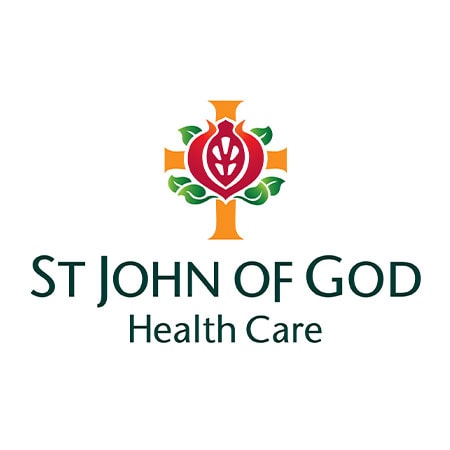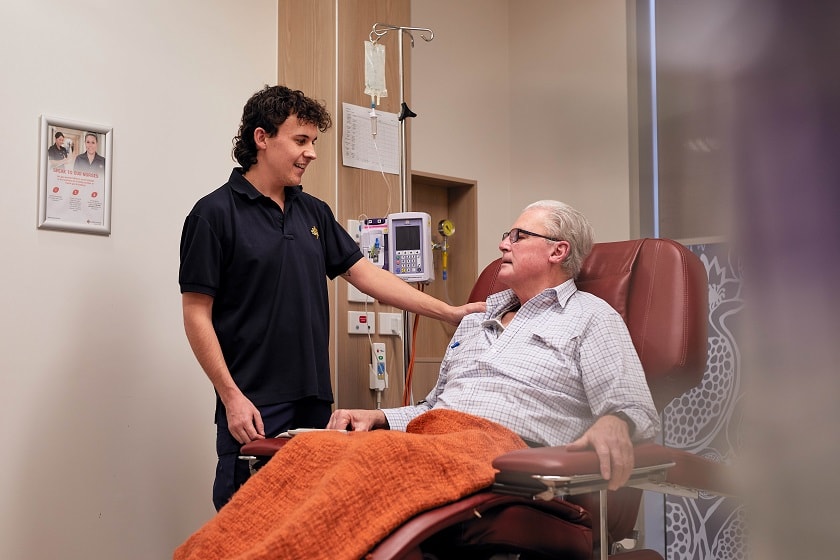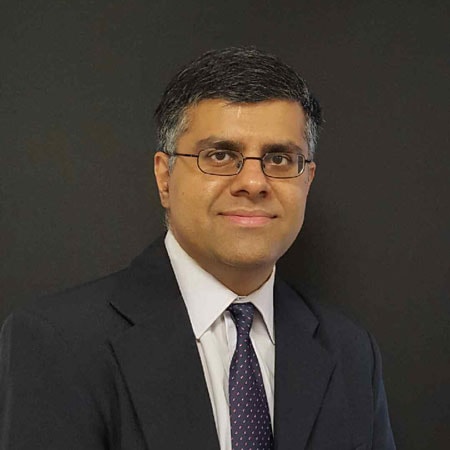Survivorship has been defined as “The focus on the health and life of a person with cancer post treatment.
It covers the physical, psychosocial, and economic issues of cancer, beyond the diagnosis and treatment phases. Survivorship includes issues related to the ability to get health care and follow-up treatment, late effects of treatment, second cancers, and quality of life. Family members, friends, and caregivers are also considered part of the survivorship experience”.
The establishment of survivorship programs has been an increasing focus in Victoria’s health over the last 5 years.
A newly established survivorship clinic for breast cancer patients commenced at the Bendigo Cancer Centre in July this year. Led by a nurse practitioner, the clinic aims to provide patients with a survivorship care plan.
Breast cancer was chosen to initiate the clinic as there is more evidence in this disease around how to establish such a service.
The plan is to eventually expand the clinics to all patients with cancer in the Loddon Mallee region.
Patients with early breast cancer are referred by their treating doctor at the end of their active treatment at St John of God Bendigo Oncology. The referring doctor may be their cancer specialist or general practitioner.
Prior to the clinic, patients are required to complete three questionnaires including the cancer survivor’s unmet needs analysis, the menopause rating scale looking at menopausal symptoms and the fact B, a quality of life appraisal. The purpose of these assessments is to identify problems or deficiencies experienced by the patient following active treatment. This may include physical effects from treatment, mood disturbance such as depression or anxiety, fear of cancer recurrence, problems with sexual intimacy, economic problems or impacts on the family unit.
The responses to the questionnaires are sent back prior to the first consultation so that the nurse can identify areas of need and construct an action plan.
The assessment takes about one hour and the attendees are provided with a summary of their treatment to date, an explanation about their treatment provided, an action plan for the problems identified and the appropriate referrals. This plan is also sent to the patient’s GP. Some of the identified issues may to transferred to their local doctor for further management. Referrals to specialty services may also be made including cancer specific rehabilitation programs, psychologists, dieticians or physiotherapist to name a few.
In addition, the patient is provided with some educational information about improving general health and fitness, potential side effects from their treatment and symptoms of recurrence. There is also a page of reputable websites for additional information and available resources. Information about rapid access back into the specialist clinics is also provided should the need be required
The principle aims of the program are to get people to a better level of physical and psychological health as well as increasing empowerment and knowledge about their disease.
Dr Rob Blum, Director of medical oncology at the Bendigo Cancer Centre.

